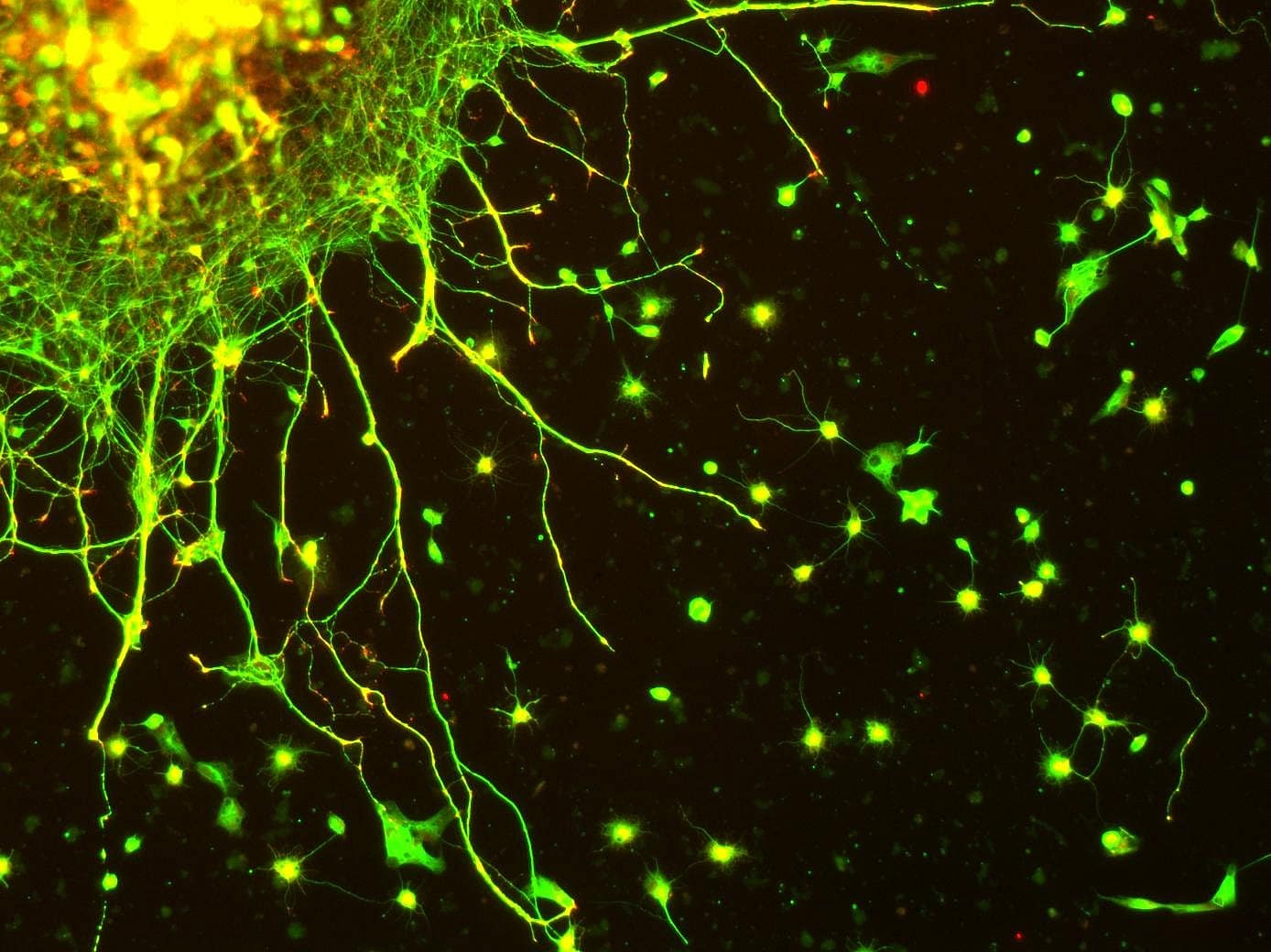The author discusses the lack of female- specific research in autism and proposes a new way to look at the issue of under-diagnosing girls with this condition.
ADHD is a common disorder that suffers from many misconceptions. For example, do you also think that ADHD is caused by a lack of dopamine in the brain? In this blog post, I explain why this is not true.
Can you imagine it is possible to improve cognitive functioning only by sitting regularly for a few minutes on a vibrating chair? In our studies, we demonstrated that Whole Body Vibration (WBV) can be of potential value in the treatment of patients with ADHD!
A large percentage of patients with mild traumatic brain injury (mTBI) are intoxicated with alcohol at the time of injury. This study shows that although intoxicated patients have a worse initial clinical presentation, they have a better long-term outcome.
Blood Alcohol Concentration (BAC) of bicyclists was assessed with a breathalyser on nights out. An expected increase in percentage cyclists with a BAC above zero over the course of the night was found, and after midnight the proportion cyclists with alcohol in their blood rose to 90%, with an average BAC above 0.8‰.
In March 2015, the joint meeting of the British and Dutch Neuropsychological Associations took place in London. A group of researchers from the University of Groningen hit the plane to present their findings. Also on it: two Research Master students from the Clinical Neuropsychology track.
If you are as good a driver as you probably think you are, then getting an individualised usage-based insurance or pay-as-you-drive insurance could be really worth your while. Such an insurance can decrease the burden of vehicle insurance substantially, while at the same time encouraging safe and eco-friendly driving behaviour.
Sluggish Cognitive Tempo (SCT) is currently one of the emerging themes in research on attention-deficit/hyperactivity disorder (ADHD). Indeed SCT is considered to be the new “real attention disorder”. The question is whether there is enough evidence for the establishment of a new disorder.
The latest BCN Neswletter was out this month we are thrilled to share with you an interview by Sanne Brederoo, a PhD candidate in the Experimental Psychology Group. She spoke to Ton Groothuis and Reint Geuze, who, along with Nele Zickert, recently launched their large-scale study on handedness, for which they aim to have a sample size of 30,000!
There is a lot of discussion about the pharmacological treatment of ADHD. This discussion, however, might miss an important aspect, namely whether our general understanding of how pharmacological treatments work in developmental diseases is correct. I say, we miss our opportunities!










